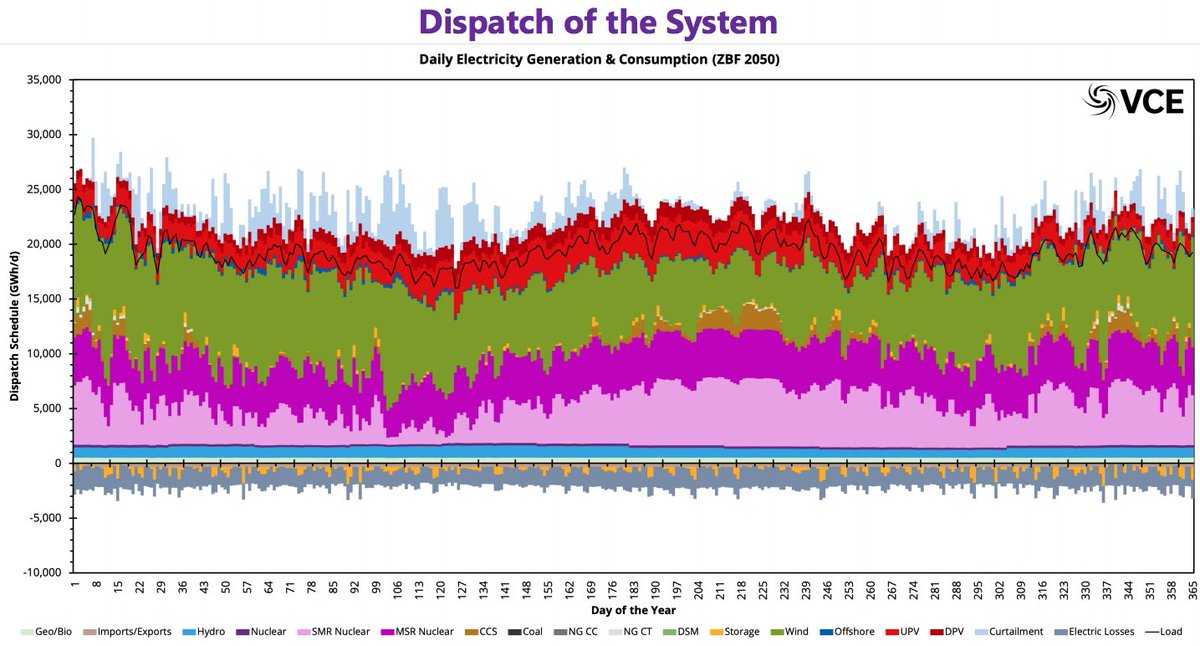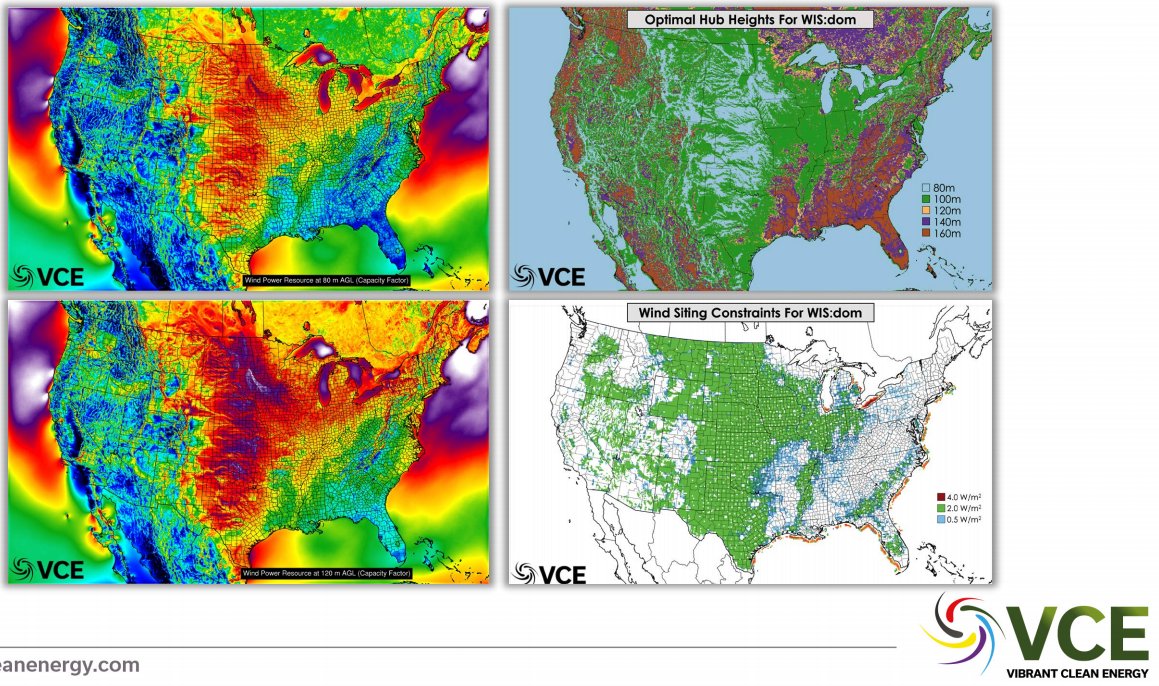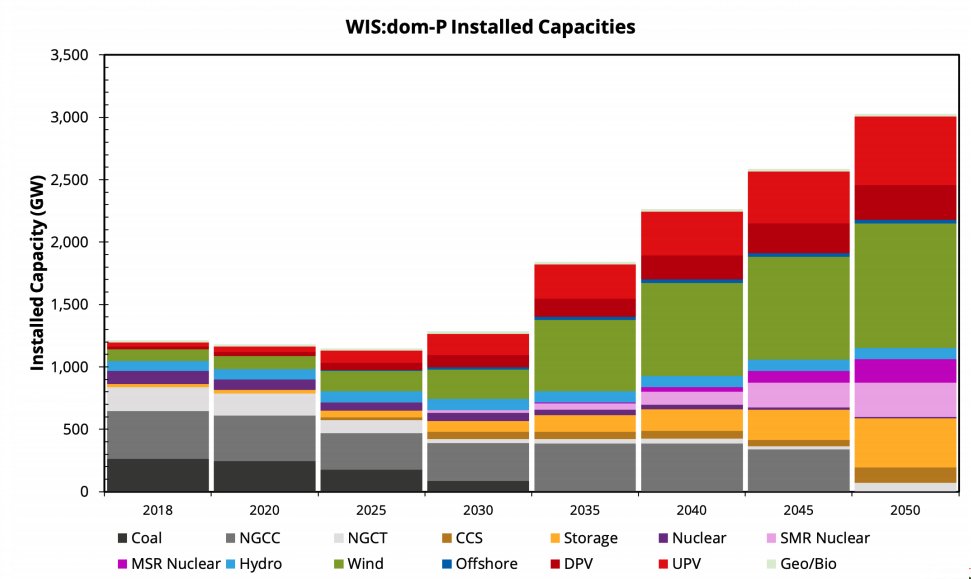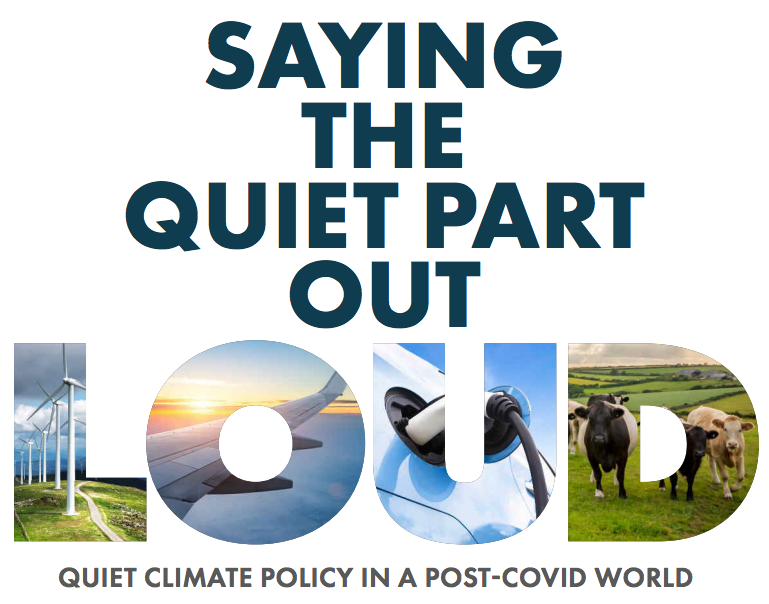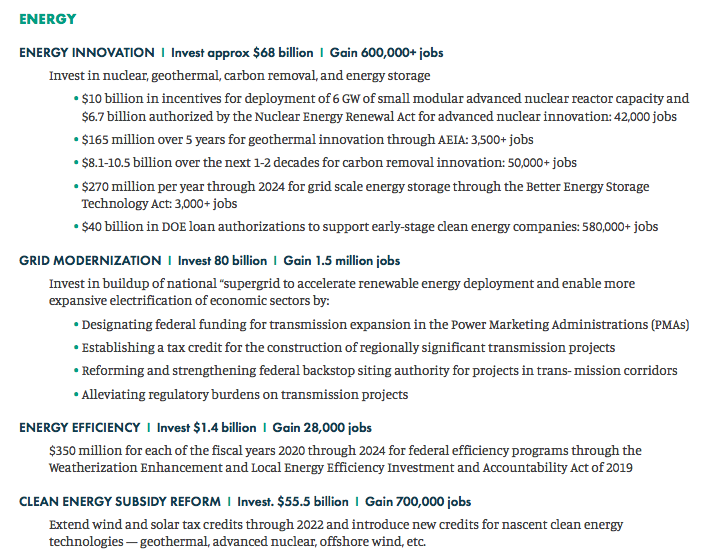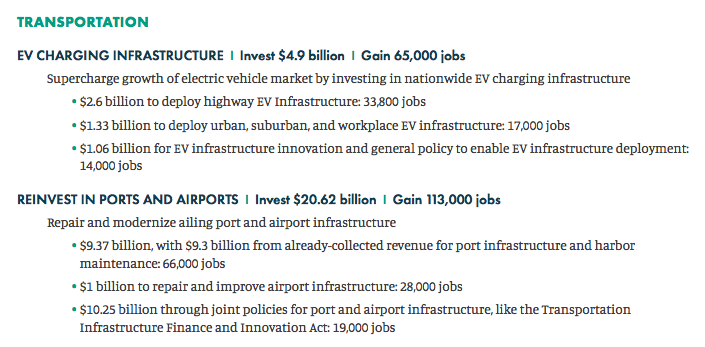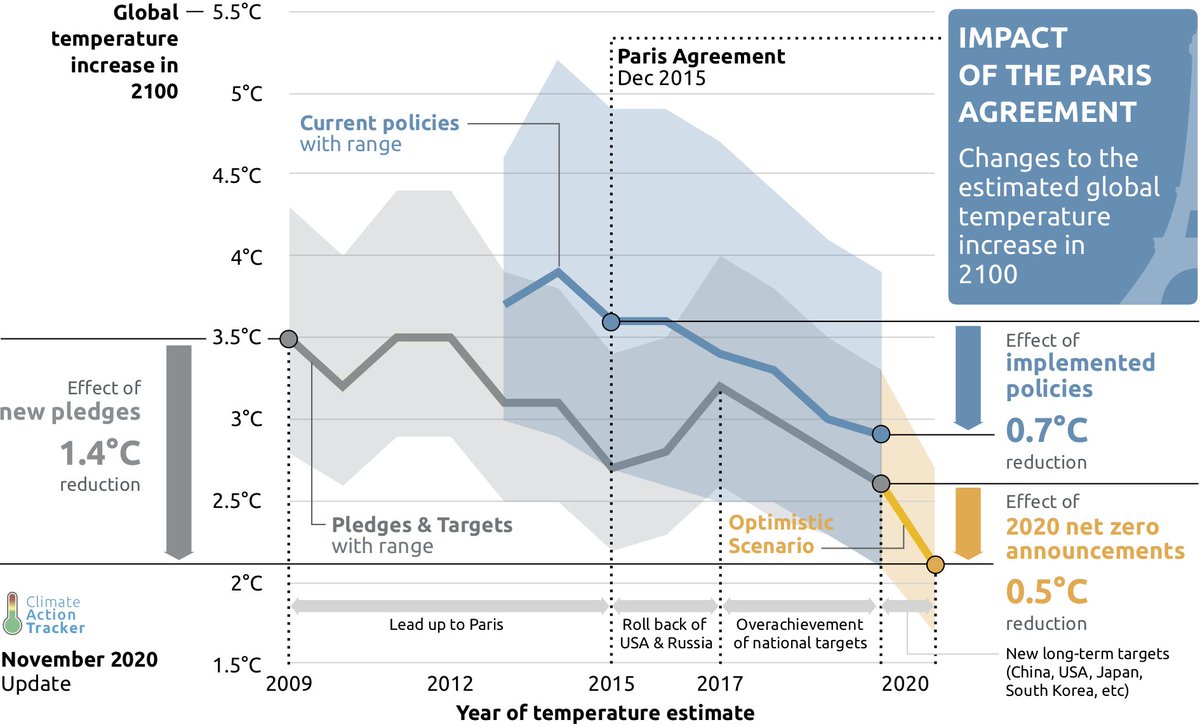
The National Academy of Sciences has a great new report on accelerating decarbonization of the US energy system, taking a deep look at what is needed to put us on track for net-zero by 2050. A few major takeaways: nap.edu/resource/25932… 1/5
1) Clean energy needs to scale up dramatically by 2030. This will require record-setting deployment of solar and wind technologies, get rid of all coal and some gas-fired power plants, and preserving operating nuclear plants and hydroelectric facilities where possible. 2/5
2) Zero-emission vehicles as 50% of new sales by 2030, prioritize heat pumps in homes and buildings (mandatory for most new construction) while increasing efficiency, start decarbonizing industrial processes/heat with low-carbon alternatives (hydrogen, CCS, adv nuclear) 3/5
3) Increase overall electrical transmission capacity by approximately 40% by 2030 in order to better manage high levels of wind and solar power. Accelerate the build-out EV charging, and initiate a national CO2 capture, transport, and disposal network. 4/5
4) Triple federal investment in clean energy research, development, and demonstration in order to provide new technology options, reduce costs for existing options, and better understand how to manage a socially-just energy transition. 5/5
• • •
Missing some Tweet in this thread? You can try to
force a refresh







